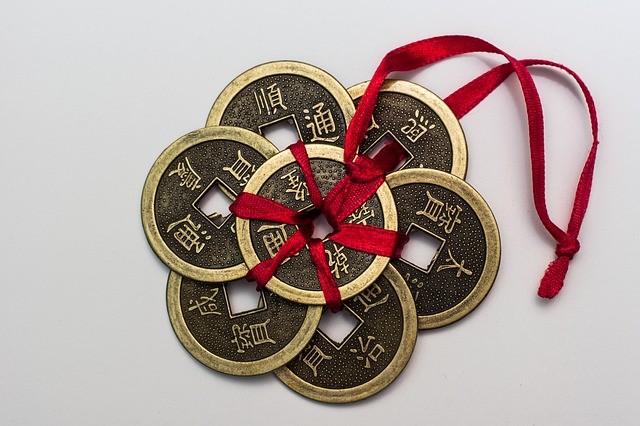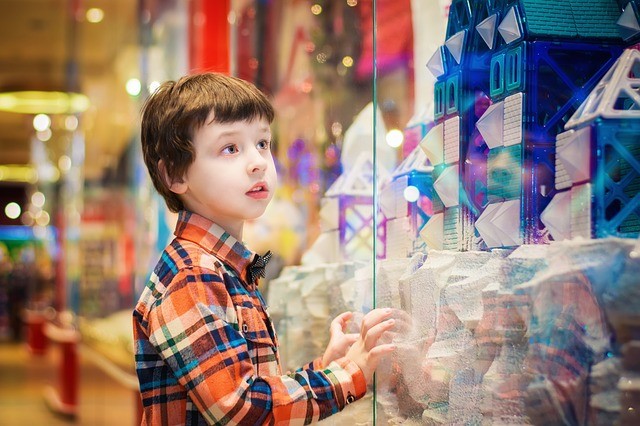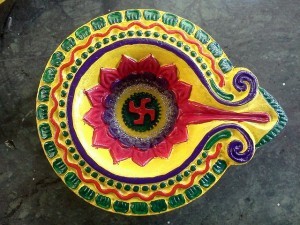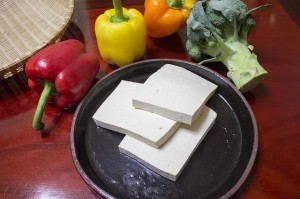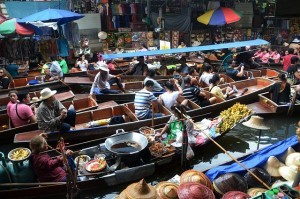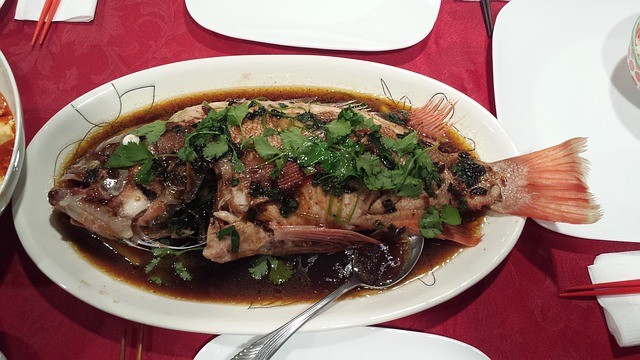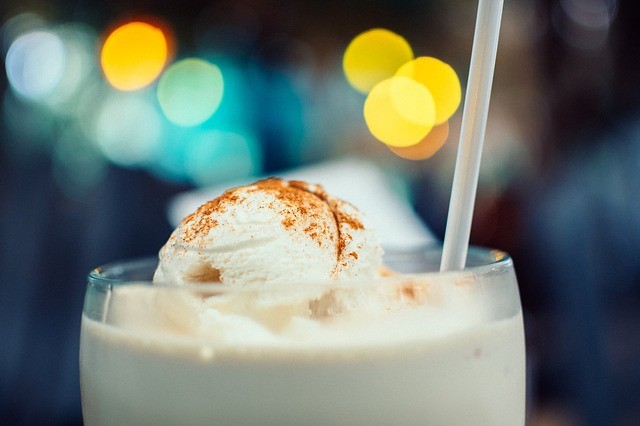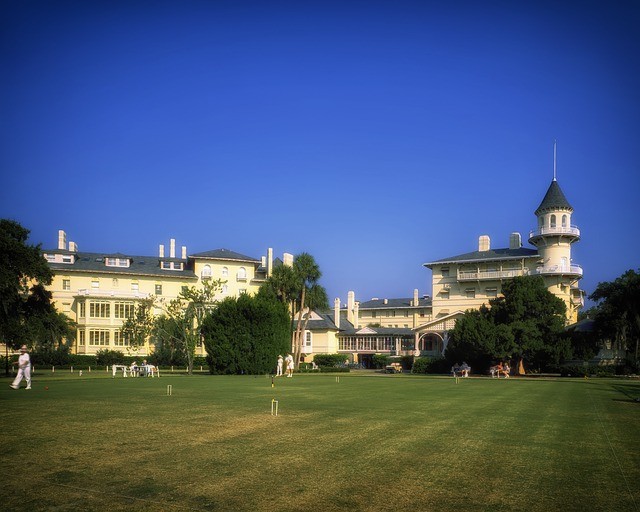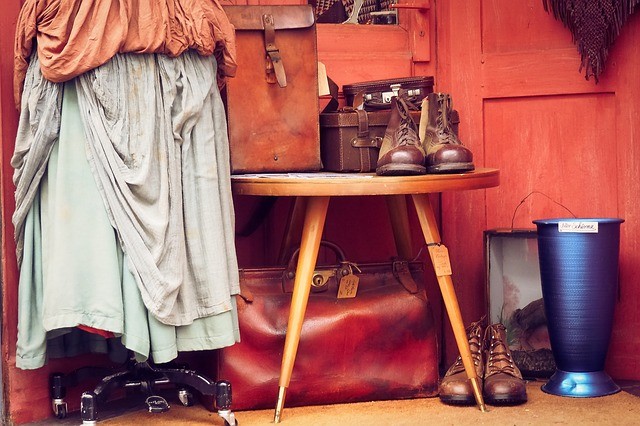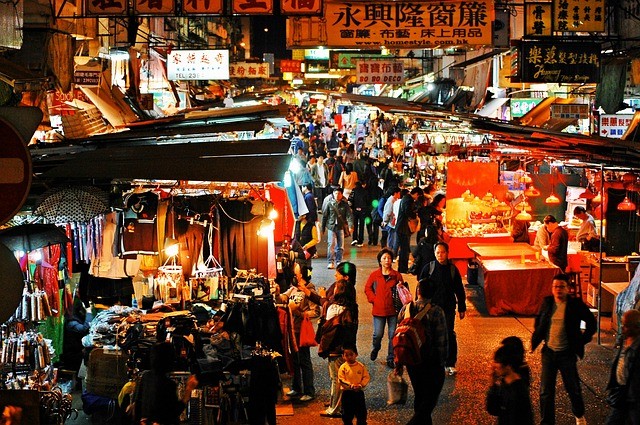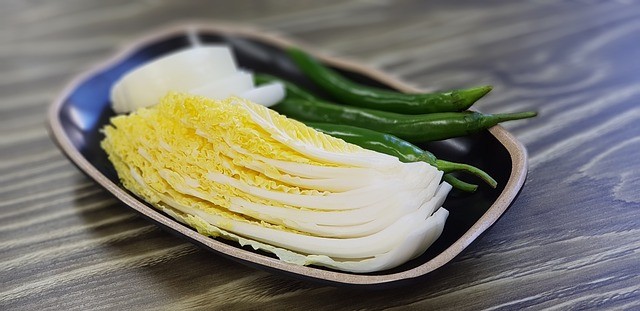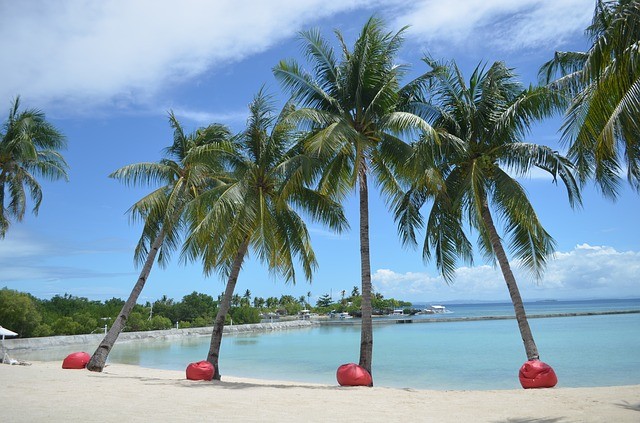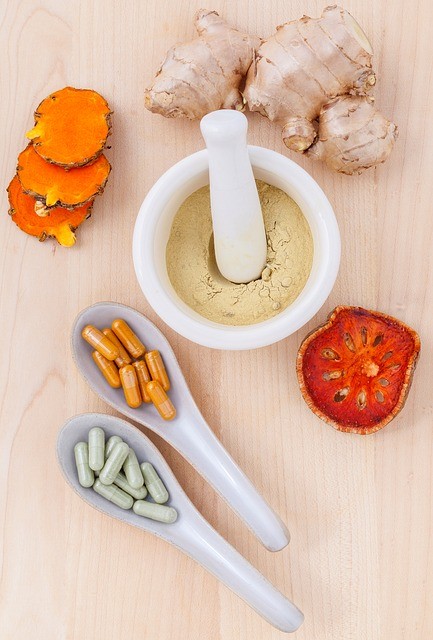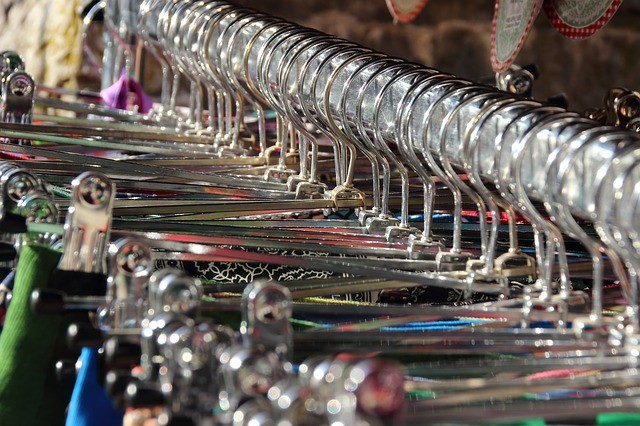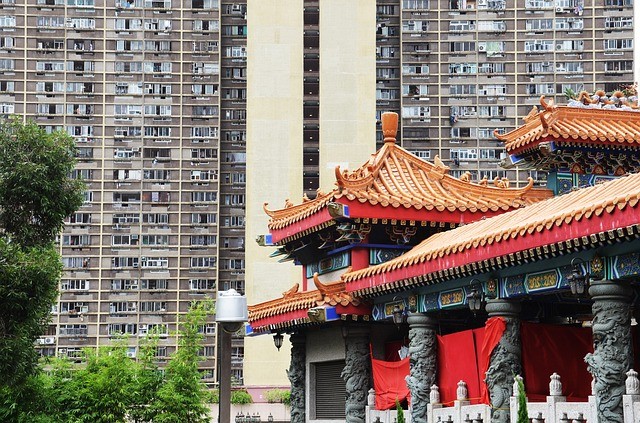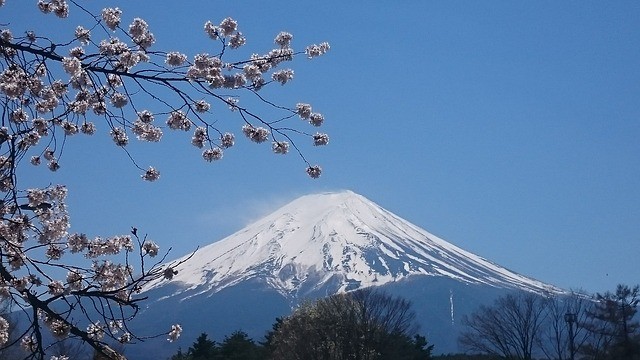You might have seen the #MeToo hashtag all over social media and in the press recently. Drawing awareness to the plight of women who have suffered sexual assault, abuse, or harassment, it has spread like wildfire among women in the West. Independent of social class, profession, or personal circumstances, women united under a banner of support and to hold their attackers and aggressors accountable.
The force of the Women’s Day marches, protests and activities have augmented this and now the movement has captured essence of challenging unnacceptable power and unwanted sexual behaviours in Asia too, none more so than in South Korea. So let’s take a look at the reasons behind this and what South Korean women are doing to draw attention to their crusade.
#MeToo in the entertainment industry
Hollywood was really the frontier for the #MeToo movement, and in light of the recent Oscars and several well-publicised scandals involving directors and actors alike, the wave reached South Korean shores. The South Korean entertainment industry means big bucks, with K-Pop idols and various actors and actresses enjoying a level of fame that often exceeds that of Hollywood standards. Yet when #MeToo gained traction, allegations of sexual harassment affected several high-profile characters. The movement has not been exclusive in it’s highlighting of men committing acts of sexual aggression against women. The female director Lee Hyun-ju was accused of sexual assault by a fellow female film director, which led to her retirement from film-making and her membership of the director’s guild revoked. Jo Min-ki was also alleged to have sexually harassed a number of his female students whilst teaching at a university. Most recently, Lee Young-taek also had to make a very public apology after a number of women accused him of assault.
#MeToo and growing popularity
One of the reasons may be that the movement has some high-profile accusations and is a way for many male dominated areas to be held accountable. A governor of Korean province publicly spoke out about the ‘male dominated society’ that has taken advantage of the ability to ‘manipulate power’. Shortly after, his secretary denounced him for raping her on several occasions. He later stepped down from office. But there must be more than simply a desire to name and shame those who have committed offences for #MeToo to be so important in South Korea. It may well be that alongside the high-profile accusations, there have also been some high-profile advocates. Seo Ji-hyeon, a public prosecutor, spoke out on television about her ordeal of sexual harassment and thus spurred a number of other women to step forwards and use the media as a springboard to draw attention to their plight.
Politics and change
Another reason behind the movement’s growth is that nowadays, South Korea is leaning towards a more progressive form of politics. After the very public downfall of the country’s corrupt president, and the public protests that took place insisting that she should be impeached, many South Koreans feel that their voices matter now more than ever. Change has been a long time coming but it is definitely there. The new government has implemented stricter penalties for workplace harassment and the new president has declared his support for #MeToo and women’s rights in general. This public presence, even from the highest echelons of government may well mean that the #MeToo movement in Korea can go from strength to strength. Having political support, from the male president, to the more general shift from conservatism to activism in South Korea may well be the reason behind it’s growing popularity and success. Only the future will show if this can be transformed into a real arena for change.





